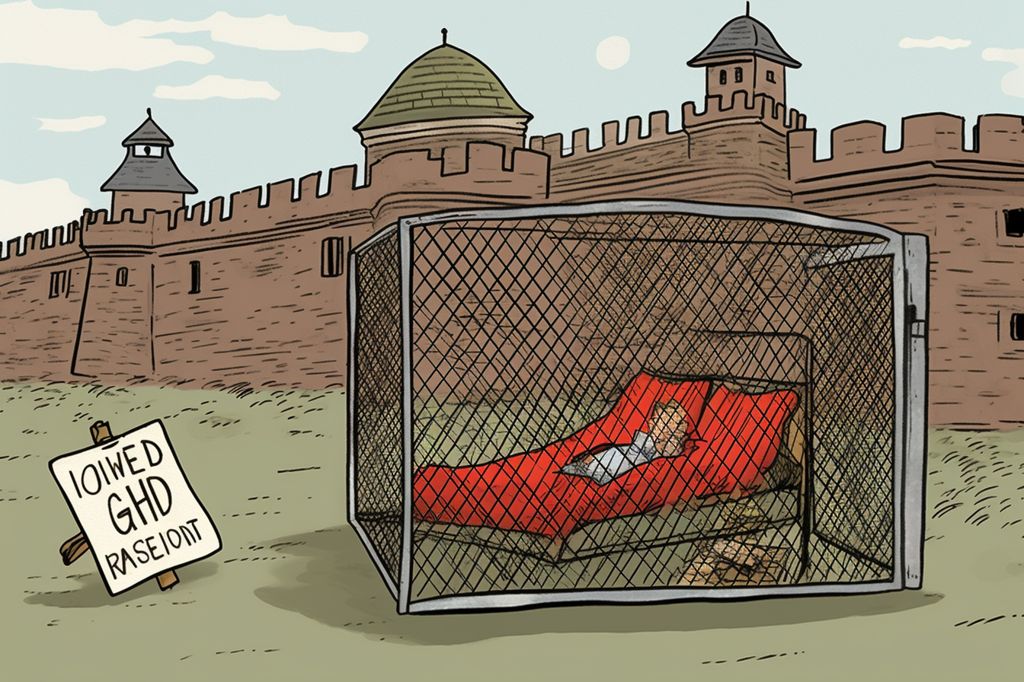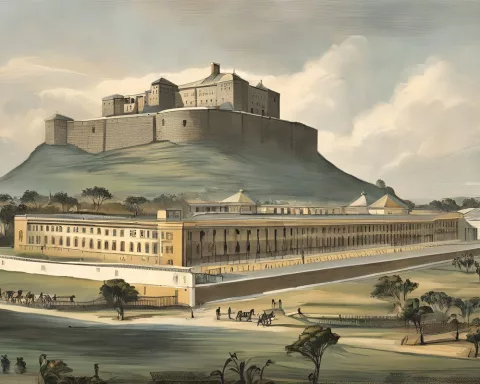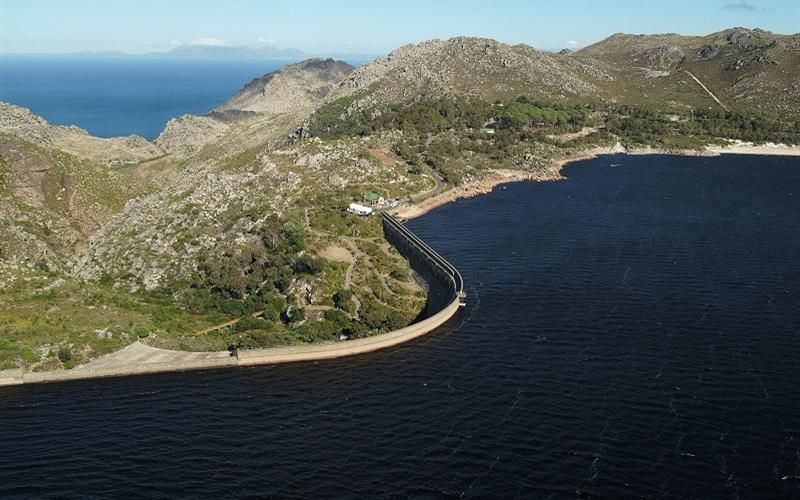The Castle of Good Hope, one of Cape Town’s oldest buildings and a Grade 1 National Monument, faces a contentious issue as the grounds surrounding the iconic structure have been unlawfully occupied for over two years. This occupation not only impacts the castle’s status as a top tourist destination but also poses safety hazards for the occupants themselves.
The City’s Proactive Approach
Mayor Geordin Hill-Lewis has taken a proactive approach by offering the City’s full support to the national Department of Public Works (DPW) to resolve the matter. He proposed that the City could launch an eviction application on behalf of the DPW, with the necessary consent and power of attorney, to ensure the relocation of the occupants and restoration of public access to the site and surrounding Moat.
Importance of the Castle of Good Hope
The Castle of Good Hope serves as one of the first sites that greet tourists entering the city from the highway and attracts thousands of visitors annually. The ongoing unlawful occupation has already led to a staggering 90% drop in visitors, harming local businesses and tarnishing the castle’s reputation as a national landmark.
Urgent Action Required
Mayor Hill-Lewis has communicated with National Minister Sihle Zikalala, urging him to confirm the DPW’s prior commitment to launching an eviction application for the unlawfully occupied land around the castle. The mayor has cited numerous concerns in his letter, including the lack of access to water, sanitation services, and electricity, which render the area unfit for human habitation.
City’s Last Resort
In the absence of a response from the national government by June 16, the City is prepared to seek appropriate relief from the courts on a just and equitable basis. This move is seen as a last resort, with Mayor Hill-Lewis emphasizing the City’s willingness to cooperate and assist the DPW in resolving the issue.
City’s Efforts to Assist the Homeless
The City currently operates two Safe Spaces at Culemborg, offering 480 shelter beds across the facilities. Public comment is being analyzed for a potential 300-bed facility at Ebenezer Road in Green Point. The City also assists shelters in adding over 300 beds as part of the annual Winter Readiness Campaign 2023.
Safe Space Model
The Safe Space model provided by the City includes a comprehensive range of services, such as dignified shelter, comfort and ablutions, access to social workers and various social services, personal development planning, substance abuse treatment, skills training, job assistance, and access to EPWP work placement.
Collaboration between the City and National Government
The collaboration between the City and the national government is vital in addressing the unlawful occupation around the Castle of Good Hope. It is a matter of preserving the historical and cultural significance of the site while ensuring the safety and well-being of the affected individuals. Through cooperation and a shared sense of responsibility, a just and equitable resolution can be achieved.
The historic Castle of Good Hope is of great significance to Cape Town, and the City’s efforts to address the ongoing unlawful occupation and assist the homeless are commendable. Collaboration with the national government is essential to resolve the issue and ensure that the castle remains a top tourist destination and a national landmark.










